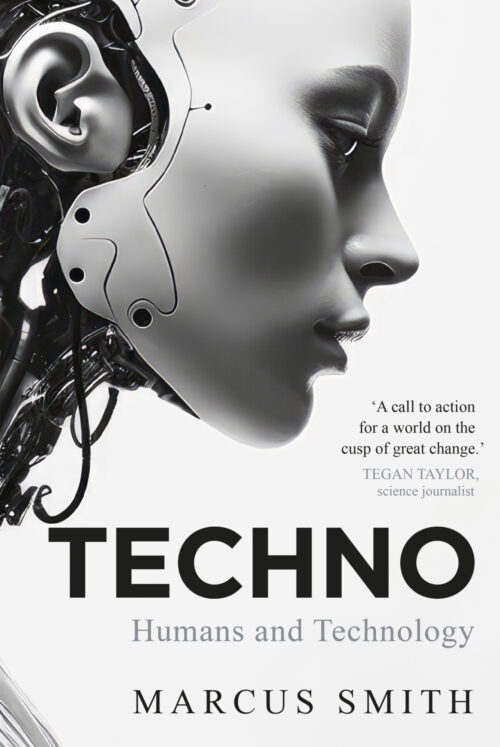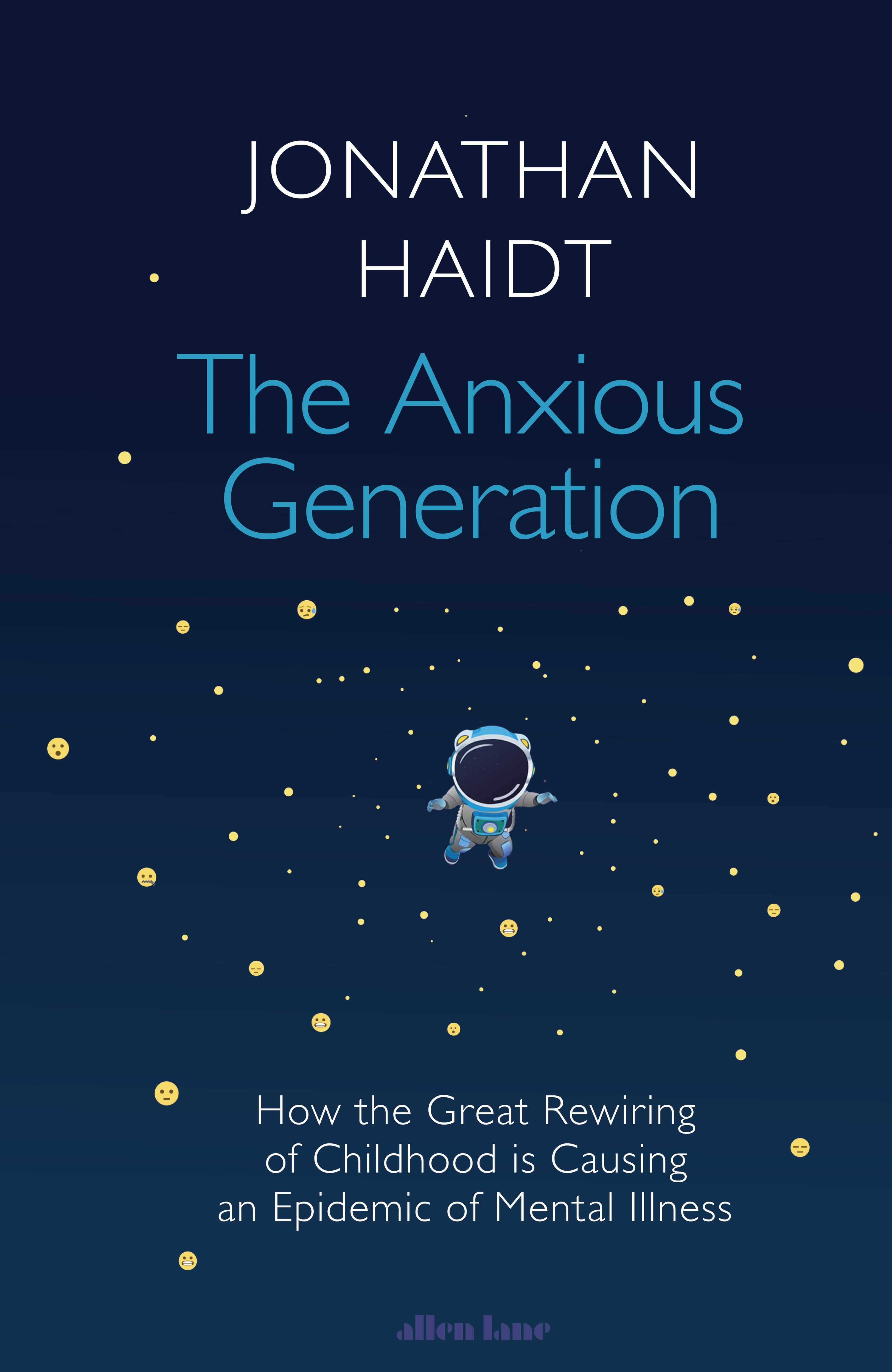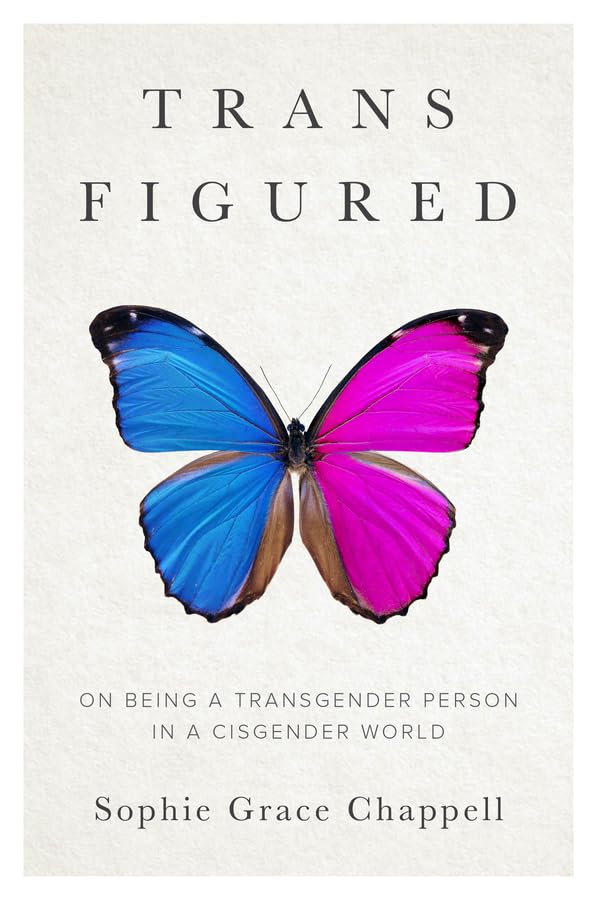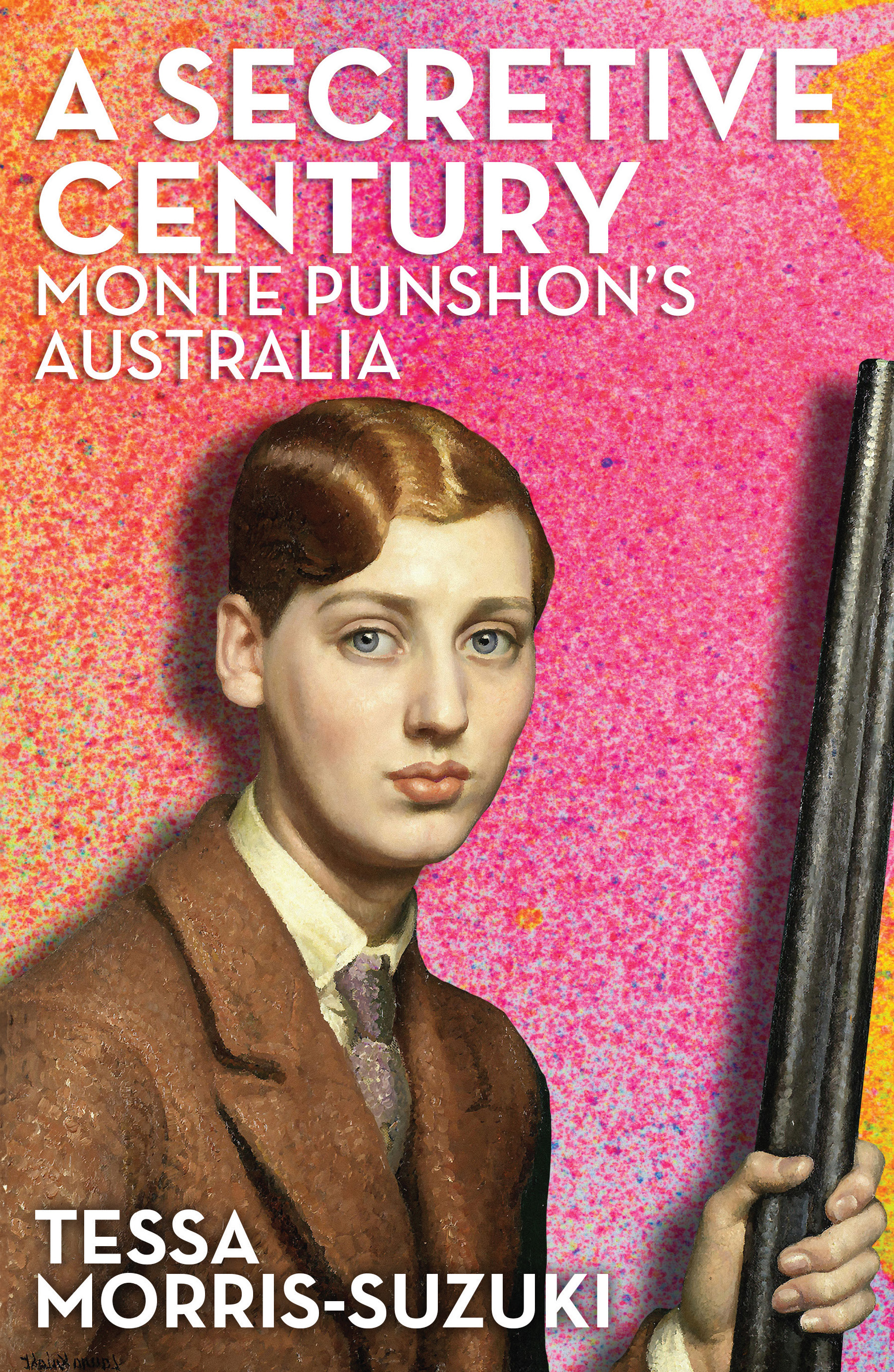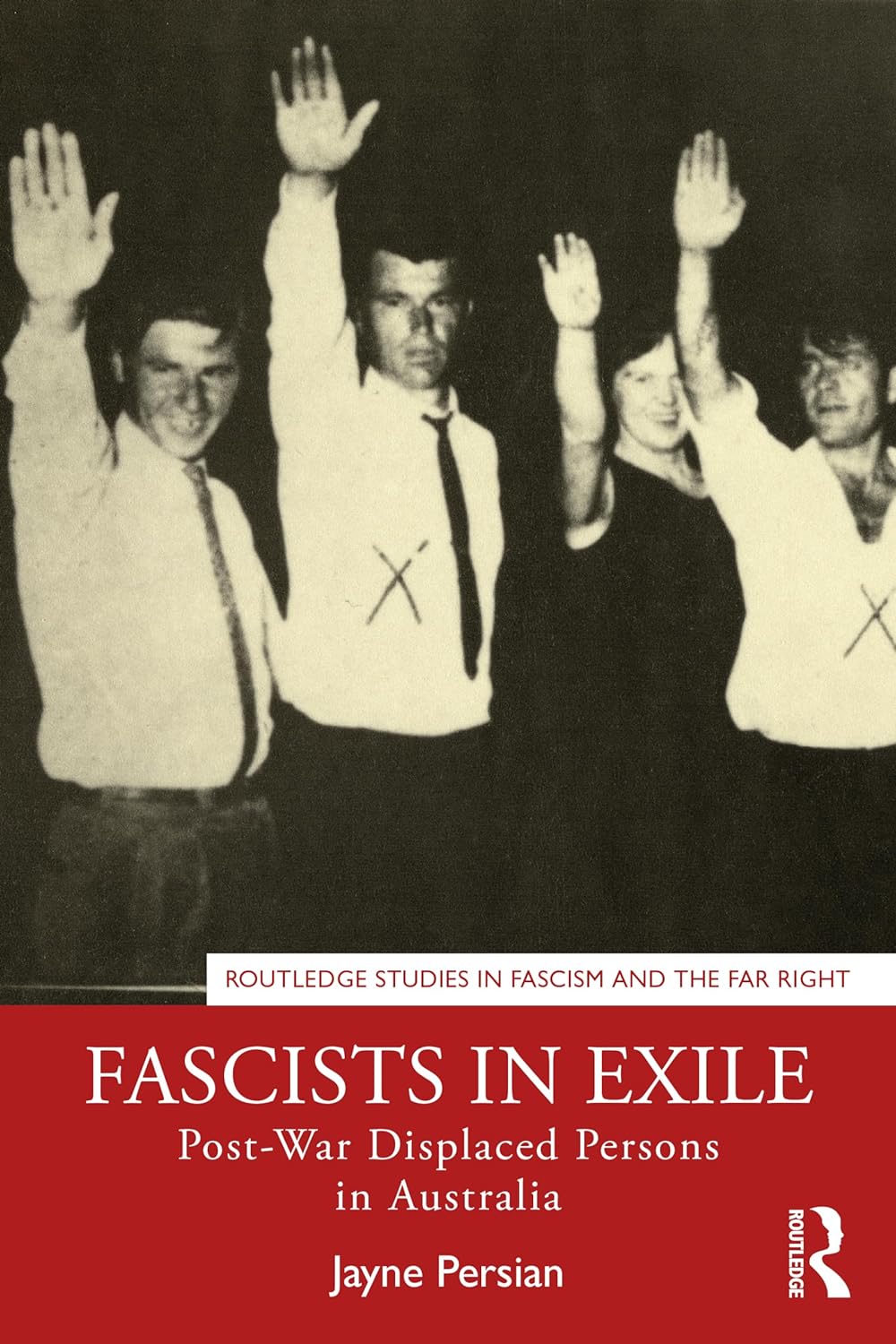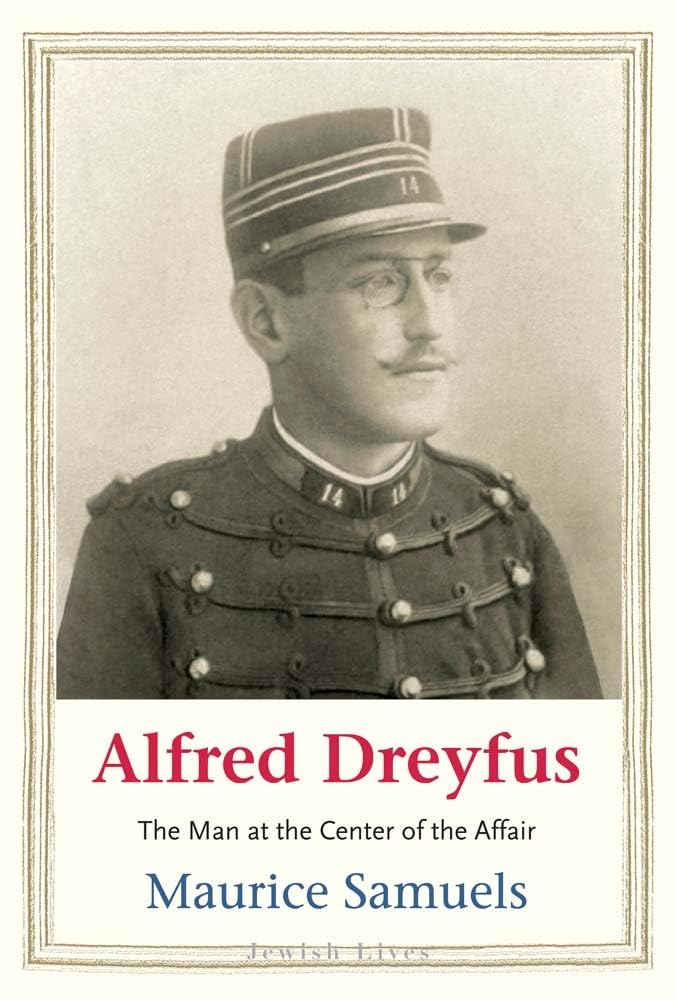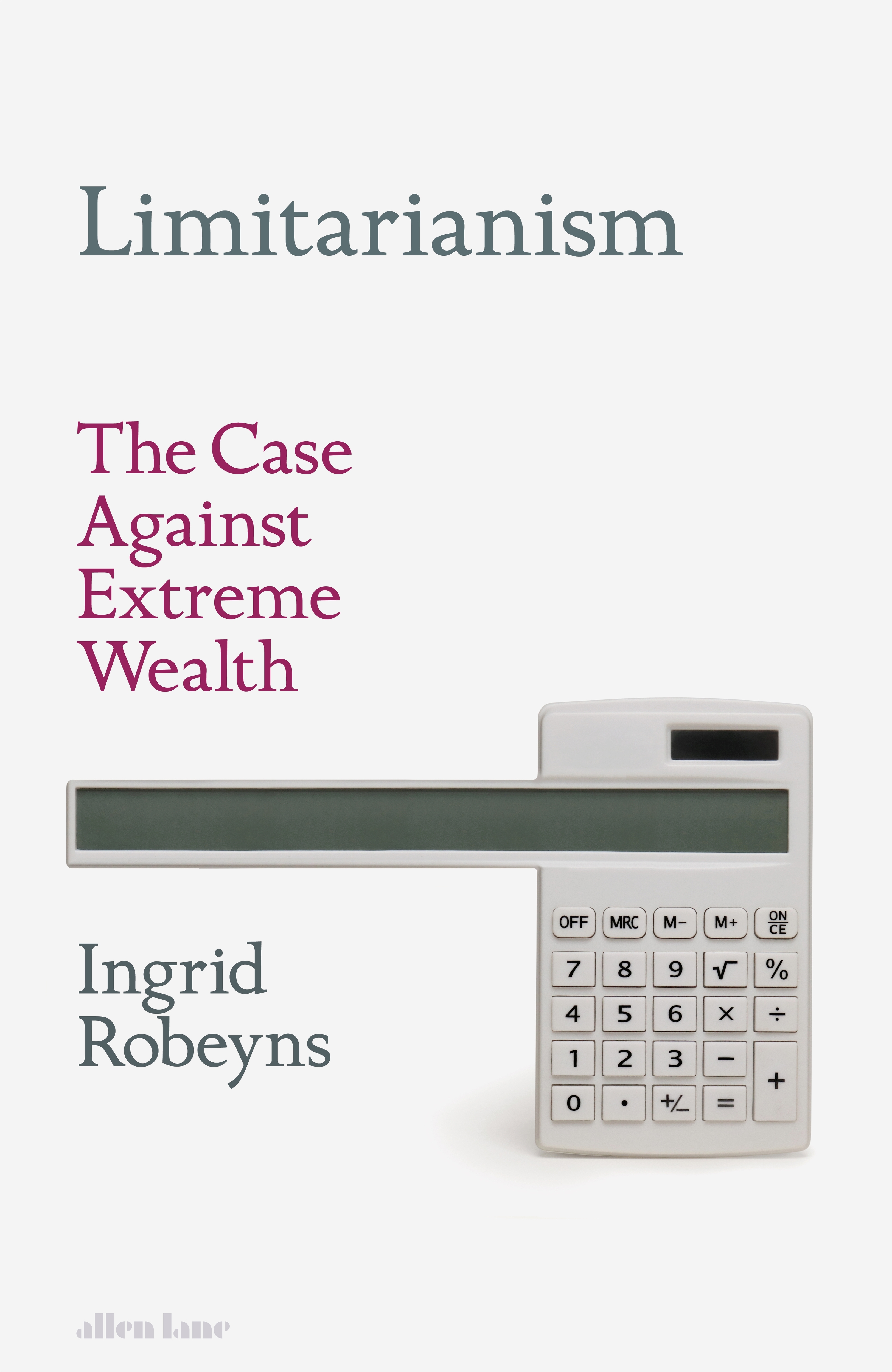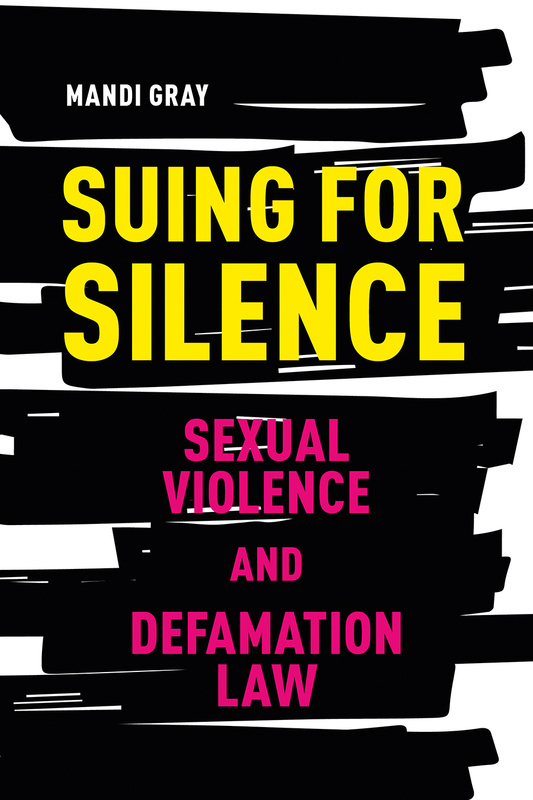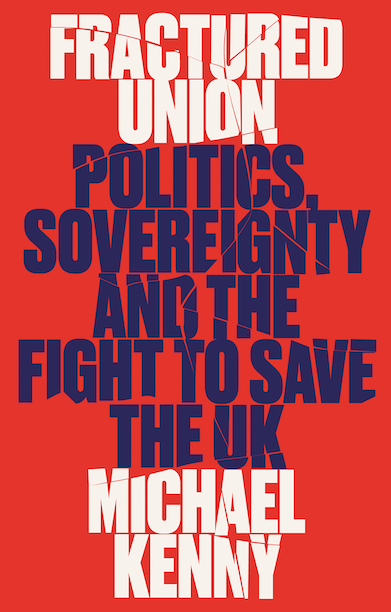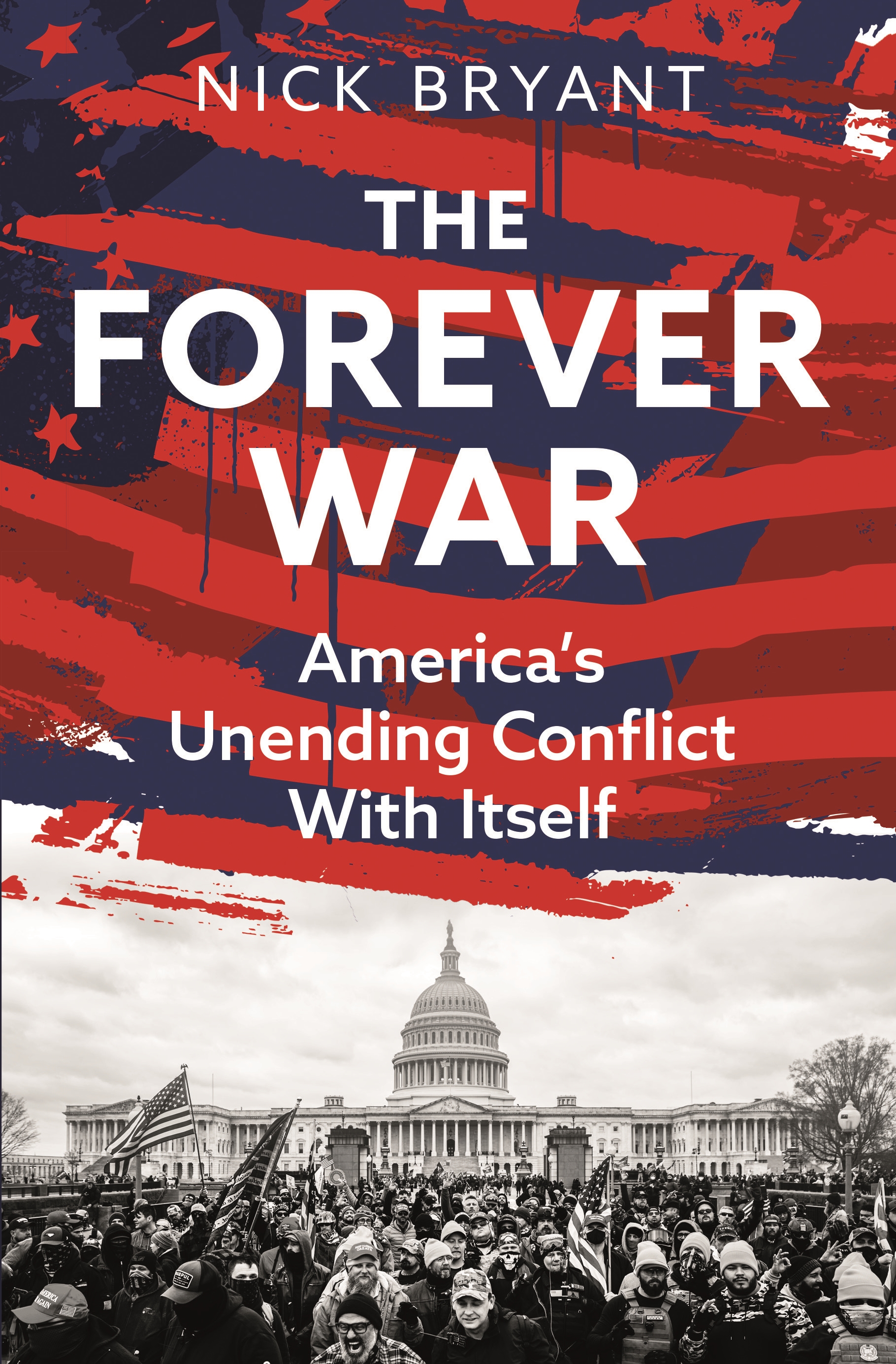Non Fiction
For those of us who would like to see a revival of the ‘techno-critical’ tradition in public debate (the tradition of Marshall McLuhan, Jacques Ellul, Neil Postman, and Langdon Winner, inter many alia), it is a cause of some irritation that the hegemonic view of technology remains the instrumental one. Here, technology is deemed to be neutral, in a way that precludes any serious analysis of its constitutive role in human affairs. Technologies, it is said, are merely tools to serve the needs of their users; they have no political content per se. I can use a hammer to drive in a nail or bludgeon my next-door neighbour to death. It is my actions that matter, not the hammer itself.
... (read more)The Anxious Generation: How the great rewiring of childhood is causing an epidemic of mental illness by Jonathan Haidt
Finally, after a fortnight of soggy Sydney days a crystalline morning dawned. Our extension roof and back gutter were full of humus from the overhanging branches of our neighbour’s Lilly Pilly. No more putting it off, I decided. Time to get out there before the rain returned. For the first time, my seven-year-old joined me on the job. He enthusiastically cleaned the skylight, chucked decaying leaves and flowers onto the deck below, and held branches while I sawed and pruned. When our cheap secateurs broke, he walked the 500 metres alone to the hardware store and back to buy new ones – twice, because he didn’t have enough cash the first time. As he returned with the new tool clutched in one hand and a bag of lollies in the other, his face glowed with quiet triumph. It was, he said to my wife the next morning on the way to school, the highlight of his weekend.
... (read more)Trans Figured: On being a transgender person in a cisgender world by Sophie Grace Chappell
‘I am an advocate of transgender people because we’re people [who] deserve to have a voice ... and by and large we don’t have a voice. By and large, our experience is squeezed out – by trans-exclusionary ideology.’ On the face of it, this justification by Sophie Grace Chappell for her new book, Trans Figured, is rather puzzling. In recent years, publishers have been falling over themselves to publish transgender memoir, with Chappell’s own publisher, Polity, mining this genre with books supporting both sides of the gender ‘debate’. Far from being squeezed out, transgender voices have become profitable commodities in the literary world.
... (read more)A Secretive Century: Monte Punshon’s Australia by Tessa Morris-Suzuki
In 1888, Melbourne hosted a grand Centennial International Exhibition to mark a century of British occupation of the continent. There, a six-year-old girl called Ethel Punshon was excited to see that she had won a prize of two guineas for her needle-work – an embroidered red felt newspaper holder. Almost one hundred years later, as Brisbane prepared to mark the bicentennial with a modern ‘Expo 88’, Ethel – now known as Monte Punshon – was invited to become Expo’s roving ambassador, as perhaps the only person alive who remembered its predecessor.
... (read more)Fascists in Exile: Post-war displaced persons in Australia by Jayne Persian
This important and arresting book chronicles the way in which Australia, from 1947 to 1952, imported some 170,000 displaced persons from Europe, a reasonable number of whom were fascists. The striking thing that Jayne Persian (a historian at the University of Southern Queensland) lays bare is the insouciance with which this policy was adopted and the way in which all political parties fell over themselves with enthusiasm for it, though all the main actors were well aware of the influence of fascism among this cohort.
... (read more)Alfred Dreyfus: The man at the center of the affair by Maurice Samuels
Jews are central to narratives of the history of modern France. One narrative thread concerns a story of civic emancipation from the time when Jews were first granted equal rights during the French Revolution until the present, when Prime Minister Gabriel Attal is not only France’s youngest postwar prime minister but also, like his predecessor Élisabeth Borne, of Jewish ancestry. The other narrative thread is of continuing anti-Semitism, most obvious in the Vichy government’s active participation in the deportation of Jews during World War II and still evident in the hundreds of anti-Semitic incidents reported in France every year. The Dreyfus Affair is pivotal to both narratives.
... (read more)Limitarianism: The case against extreme wealth by Ingrid Robeyns
Can people have too much wealth? Does extreme wealth have negative consequences? Over the past thirty years, there has been a remarkable rise in the number of billionaires whose annual earnings are so large that they are often difficult to comprehend. To take but one example, it was estimated in 2022 by Forbes magazine that Elon Musk’s personal assets were worth $219 billion and that, if he worked for forty-five years, his lifetime hourly rate from these assets was in the order of US$1,871,794.
... (read more)Suing for Silence: Sexual violence and defamation law by Mandi Gray
I began Mandi Gray’s book while waiting for the judgment to be handed down in Bruce Lehrmann’s defamation case against Network Ten and journalist Lisa Wilkinson. I had tuned into the live-streamed trial months earlier, along with 124,444 others, to hear Brittany Higgins being interrogated about her recollections of that fateful night in Parliament House. Gray’s argument – that some men were using defamation law to inflict further abuse and punishment on their victims, to cow them into silence, to chill public discussion of sexual violence – seemed apt indeed.
... (read more)Fractured Union: Politics, sovereignty and the fight to save the United Kingdom by Michael Kenny
British politics is back in the limelight, after a brief hiatus of relative sanity. The current election campaign will divert attention onto the main parties and key personalities. However, this shouldn’t mask important challenges to the very integrity of the United Kingdom that have occurred since David Cameron took the keys to 10 Downing Street in 2010.
... (read more)The Forever War: America’s unending conflict with itself by Nick Bryant
It was a young Abraham Lincoln’s prediction that the United States ‘must live through all time, or die by suicide’. Nick Bryant wants us to believe the latter is coming true. America has been popping pills from the very beginning. Now the fatal overdose is inevitable. This time, we are reaching an ‘extreme polarization … 250 years in the making … a second civil war’. Rather than the hysteria for and against Donald Trump being an aberration, ‘the hate, divisiveness and paranoia we see today,’ Bryant argues, ‘are in fact a core part of America’s story’. It has been on this path since 1776; Trump is less a waypoint than a destination.
... (read more)
